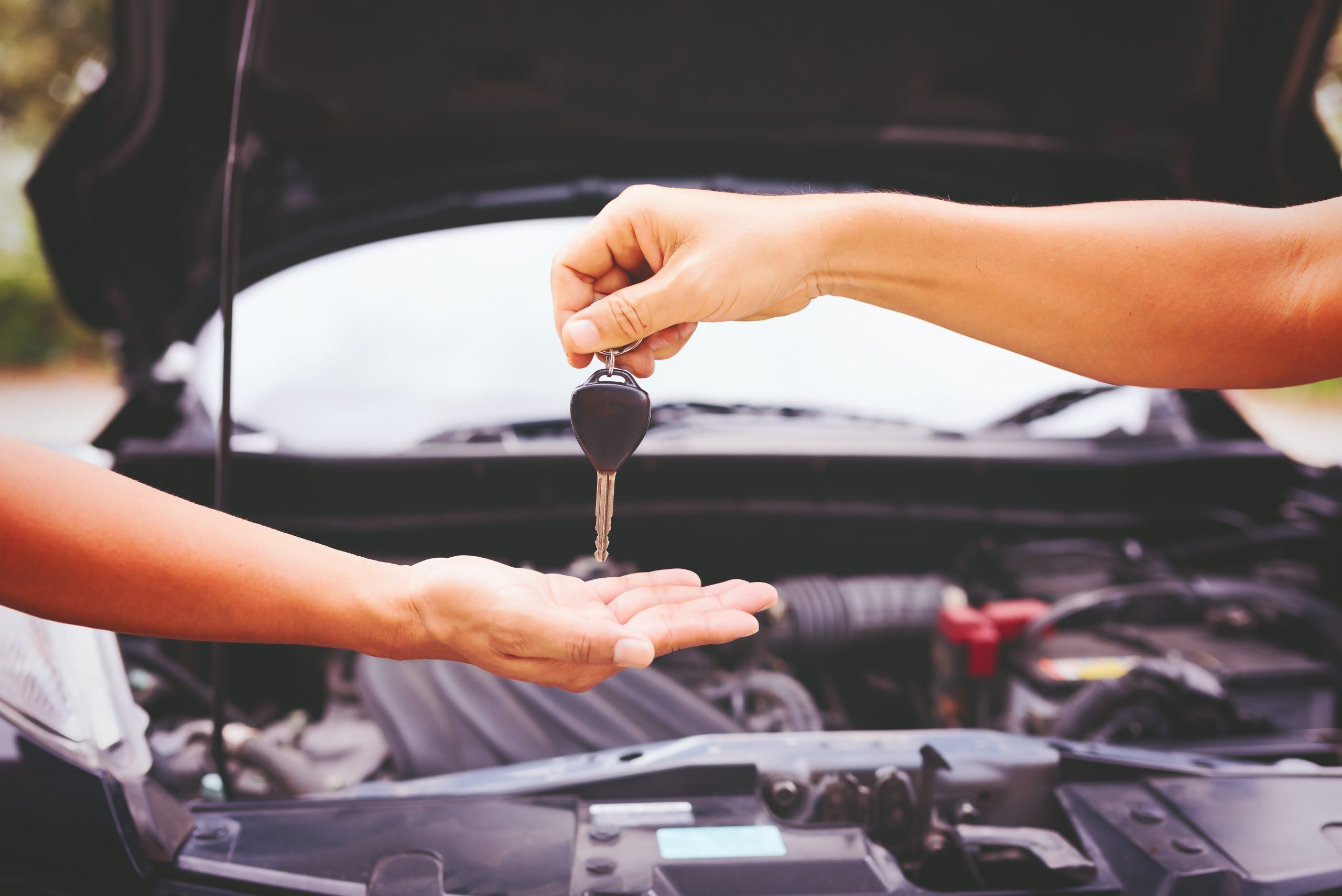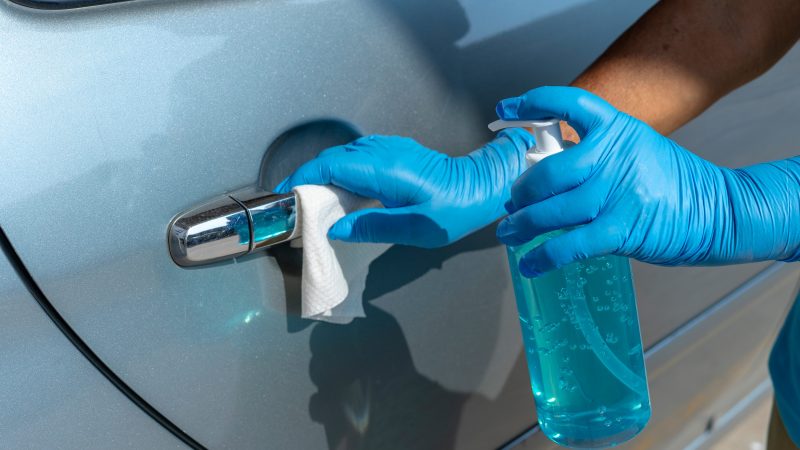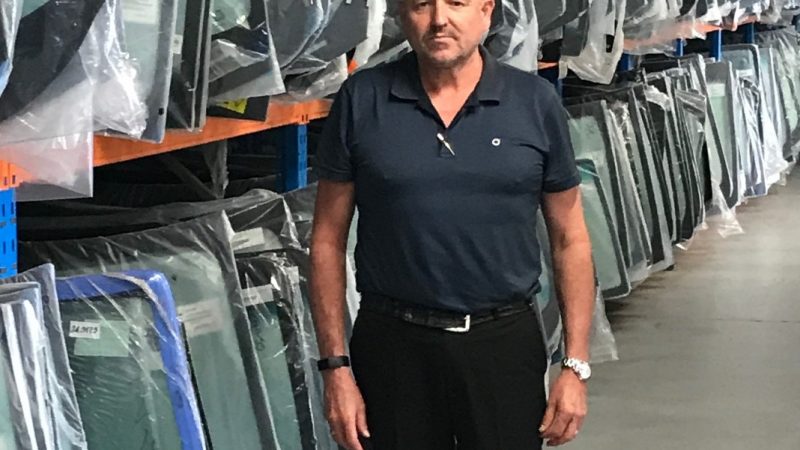It’s that time of the year again! No, we’re not referring to Christmas but end of year plate sales. With more people opting for driving holidays this year, there may be more second-hand cars hitting the market as other people look to upgrade their car. And while there is always the chance you could nab a bargain, it pays to do your homework.
To help you avoid a costly mistake when purchasing a second-hand car, here are some things you should consider:
Research options
There’s no shortage of second-hand cars for sale. It’s important to research your options extensively and narrow your search down to the ones that are most suitable for you. Equip yourself with knowledge about your target vehicle before contacting sellers. You can ask someone you know who has experience about buying a second-hand car or join forums that focus on your target make or model. Also, don’t forget to make a price comparison of the vehicles you are interested in.
Inspect the body of the vehicle thoroughly
The first thing you should inspect on a secondhand vehicle is the exterior or body condition. Check each body panel and the roof for any scratches, dents, hail damage or signs of rust. Remember to also inspect the windscreen thoroughly for any signs of damage. Whether small chips or a crack, the damage can worsen sometimes even with just ordinary road use and could lead to a replacement which can be more expensive. Also, depending on the size or location of a crack, it may not pass a roadworthy inspection. Make sure to also check that the side windows operate successfully and go up and down smoothly, with no sounds of screeching or crunching.
The interior of the vehicle should also be inspected. Are the pedals, seatbelts, sound system, air conditioning, and controls working properly? Can you smell any odour that may indicate water leaks? If yes, identify where it’s coming from. Ask the seller if the vehicle glass has been replaced before because any leaks could be the result of a poor vehicle glass replacement.
Have it checked by a qualified mechanic
Before you make an offer or close a deal, it is very important that you have the used vehicle checked by a mechanic that does diagnostic work. After a thorough diagnosis, ask the mechanic for a written report detailing the condition of the vehicle, noting any existing problems and the costs of getting them fixed. You can use the report to negotiate a fair price with the seller.
Go for a test drive
If the vehicle has passed your visual inspection and diagnostic test, the next step is to take it for a test drive. By taking the car for a spin, you may discover stuff about the steering, brakes, or engine that you hadn’t previously noticed. Even though you may be purchasing a second-hand vehicle, safety technology has been around for some time now – so ask the seller whether the vehicle has any safety technology embedded within the vehicle or even the windscreen and ensure that it is functioning as it should.
If you’re not knowledgeable enough to identify possible problems, you should ask an expert to come along so he or she can inform you if there’s something wrong with the vehicle.
Prepare a budget for repairs
Whilst purchasing a second-hand vehicle may seem cheaper than brand new upfront, you should always consider the maintenance costs and any issues that may arise.
Get the right insurance before driving away
We also recommend speaking to your insurer to get the right car insurance to suit you.
Vehicle glass repair and replacement experts
If your newly purchased second-hand vehicle has glass damage, take it to your local O'Brien® AutoGlass branch. Our skilled technicians can do a thorough inspection and provide high-quality vehicle glass repair or replacement that’s needed to make your vehicle safe to drive.
Find your nearest O'Brien® AutoGlass branch or call us on 1800 059 829 today.




